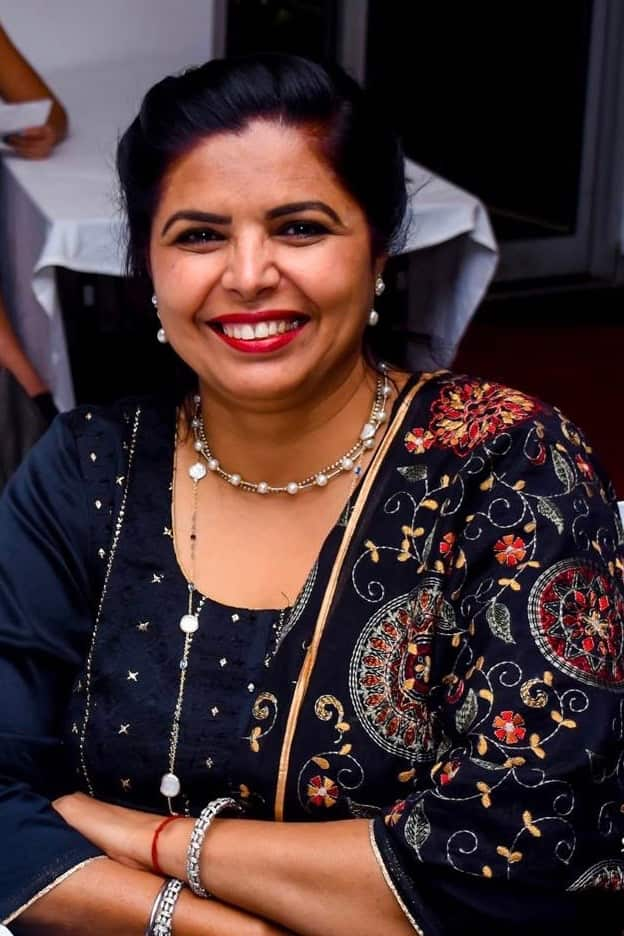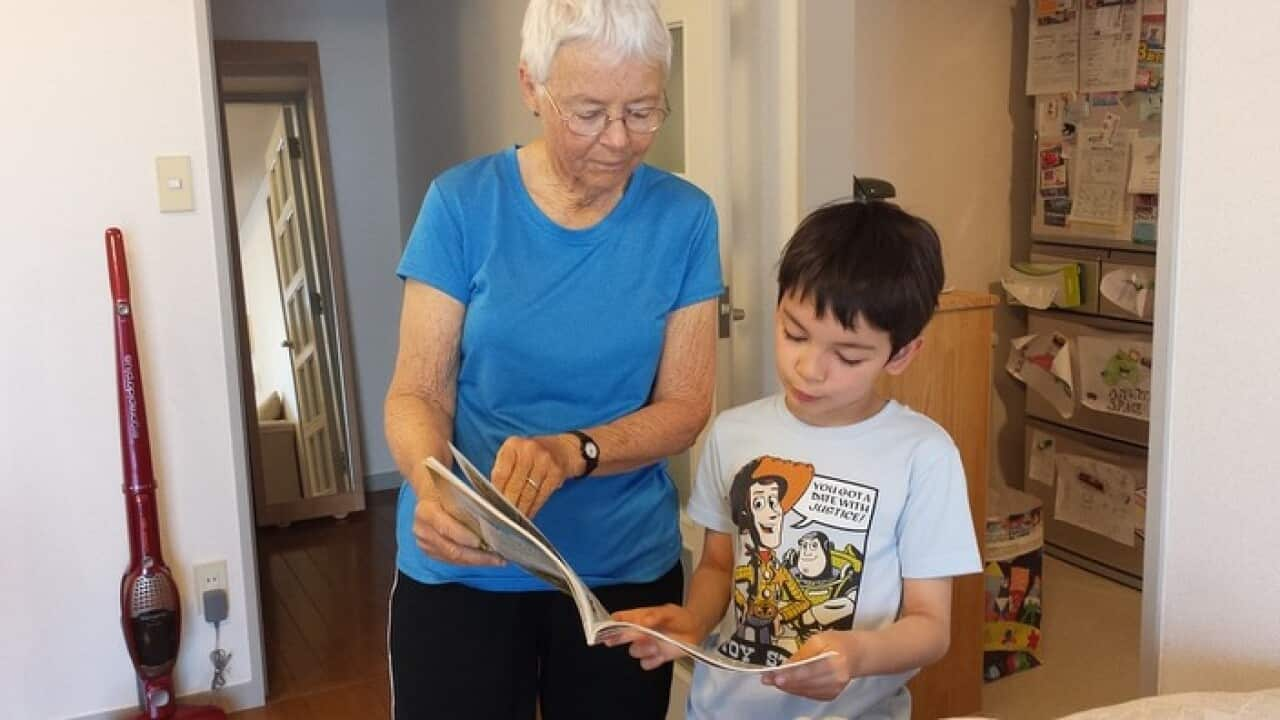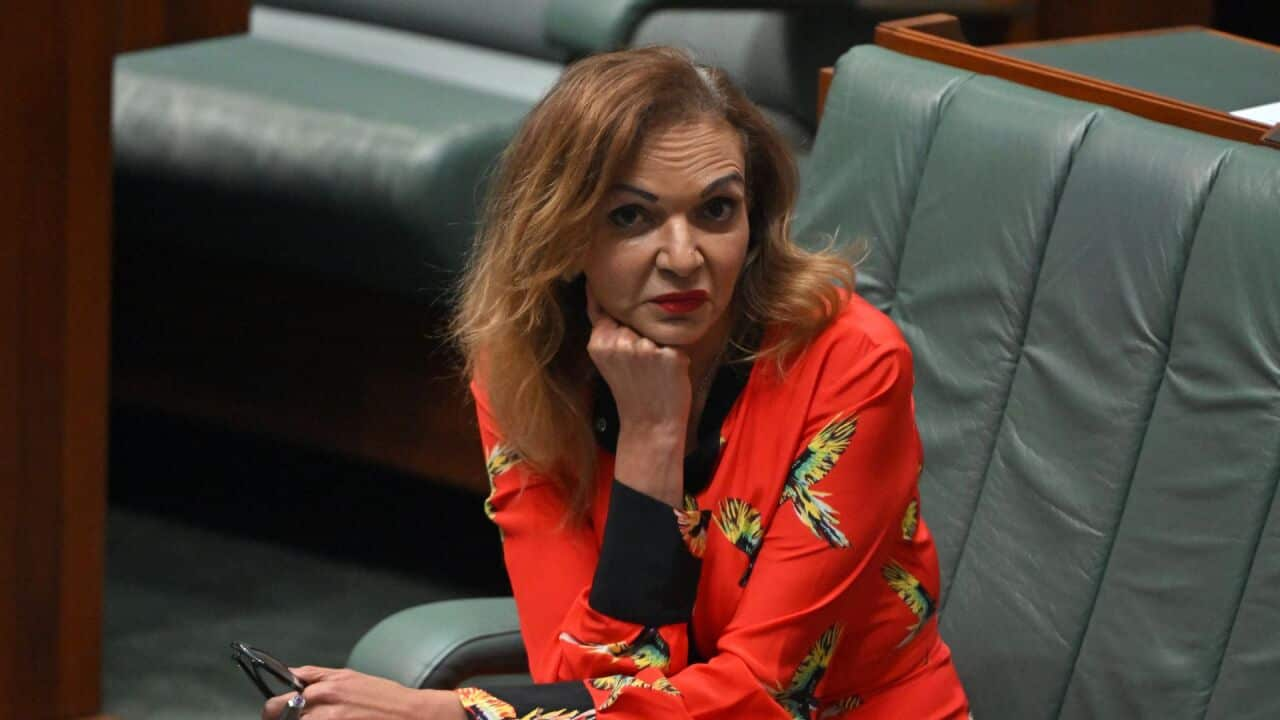Currently working on a project with University of Sydney’s Sydney Institute of Community Language Education (SICKLE) program, Kanwalpreet Kaur is helping newly arrived migrants find suitable jobs in community language even though they don’t have formal teaching qualifications.
University of Sydney runs a foundation and advance course in teaching community language. These courses give the basic teaching skills to the candidates who want to teach a language in the community schools.
‘Each migrant coming to Australia brings a distinct advantage with them, which is expertise in their mother language. After completing some short courses these people can become teachers in community schools’, says Kanwalpreet.
Ms Kaur is a 'Teaching Pathways Adviser' with University of Sydney.
University of Sydney runs a foundation and advance course in teaching community language. These courses give the basic teaching skills to the candidates who want to teach a language in the community schools.

After working as a science teacher for many years, Kanwalpreet Kaur decided to change her career and looked within the education system for something different and chose to be a career advisor for students.
‘Some students prefer to enter the workforce after school leaving age. And as a career advisor, I provide them customized advice on which field is more attractive to them and how to get into that field. I act as a catalyst between students and the industry’.
Ms Kaur said, ‘We as career advisors invite subject experts to come to schools and deliver talks. Help students in subject selection; provide reports to parents and much more. After a student makes his / her mind, we link them to the appropriate industry through apprenticeship and traineeship’.
Ms Kaur agreed that discipline is the biggest challenge in teaching but it can be achieved easily by updating your subject and content knowledge.
‘Repo with students is most critical in striking balance with your students. Just try to understand the level of your students and deliver your lectures based on that.’
Advising on pathways to a career in teaching, Ms Kaur elaborated as below:
A) For migrants who come to Australia with proper qualifications in education, the first step is to get their foreign qualifications assessed as per Australian standards. The next step is to pass the English test (four components within two years). After that NESA (NSW Educations Standards Authority) will assess you as a primary or secondary school teacher.
B) For those people who have attained teaching qualifications in Australia e.g. M. Teach etc, but have passed HSC level from another country where English is not the main language, will still need to pass the English test.
C) For domestic students who pass their HSC in Australian and then graduate in teaching, will just need to get accreditation from NESA and start teaching.
D) For those professionals who want to change their careers and want to become teachers, there are lots of opportunities to enter the education system. The government provides special courses, offers scholarships to suitable candidates to get qualified in teaching. For example, there is a big demand for teachers who can teach Information Technology. There are fast track courses available for these professionals.
The government welcome individuals who want to teach in regional areas with special funds to buy homes in those areas.
Ms Kaur clarifies that ‘There is a common misconception that if NESA has assessed someone as a secondary teacher, they need to teach only in high schools. Primary and high school approved teacher can work as a casual in any school (primary or high).’.
For more information on teaching careers to visit the following sites:
www.educationstandards.nsw.edu.au › wps › portal › nesa
https://www.boardofstudies.nsw.edu.au/
Listen to SBS Punjabi Monday to Friday at 9 pm. Follow us on Facebook and Twitter.






